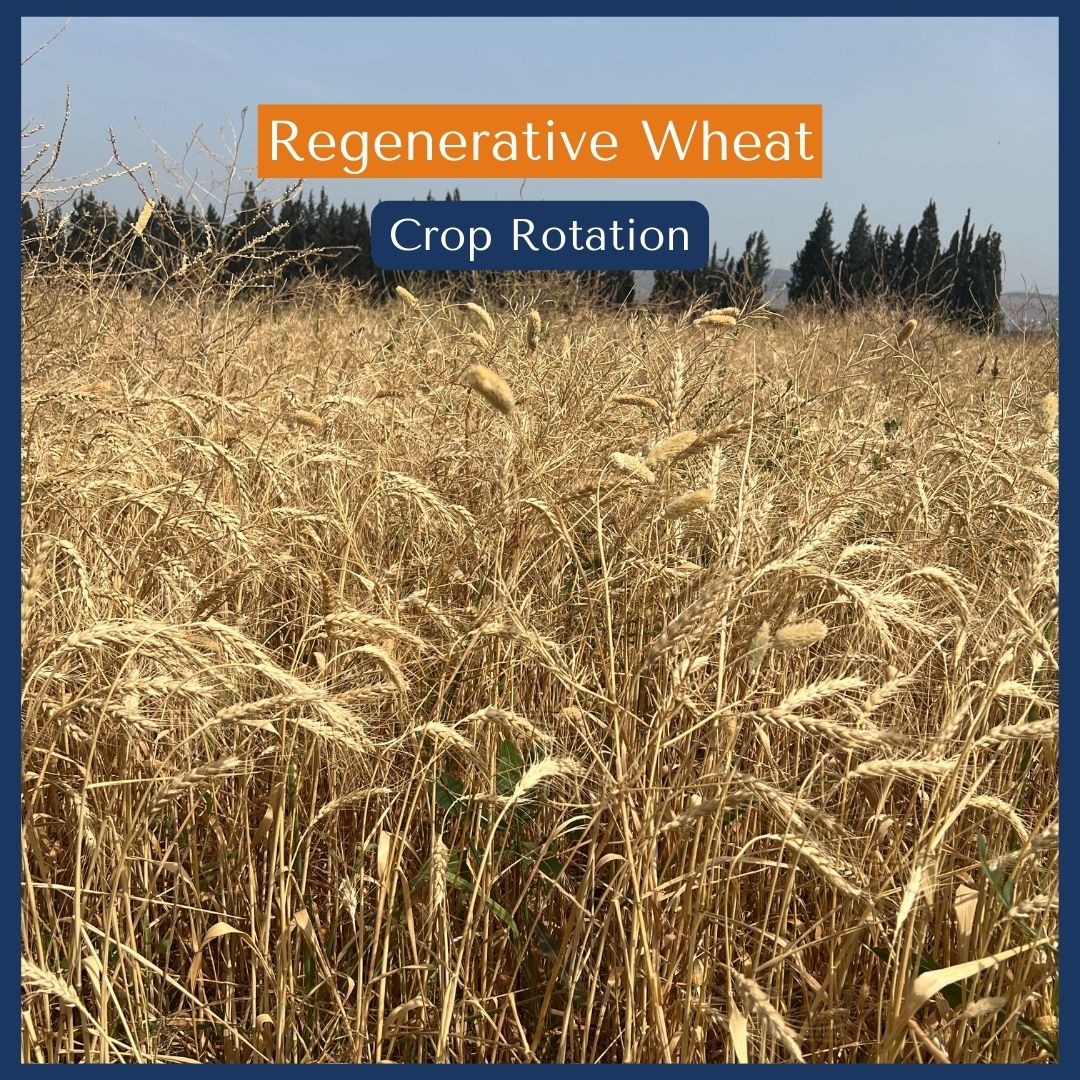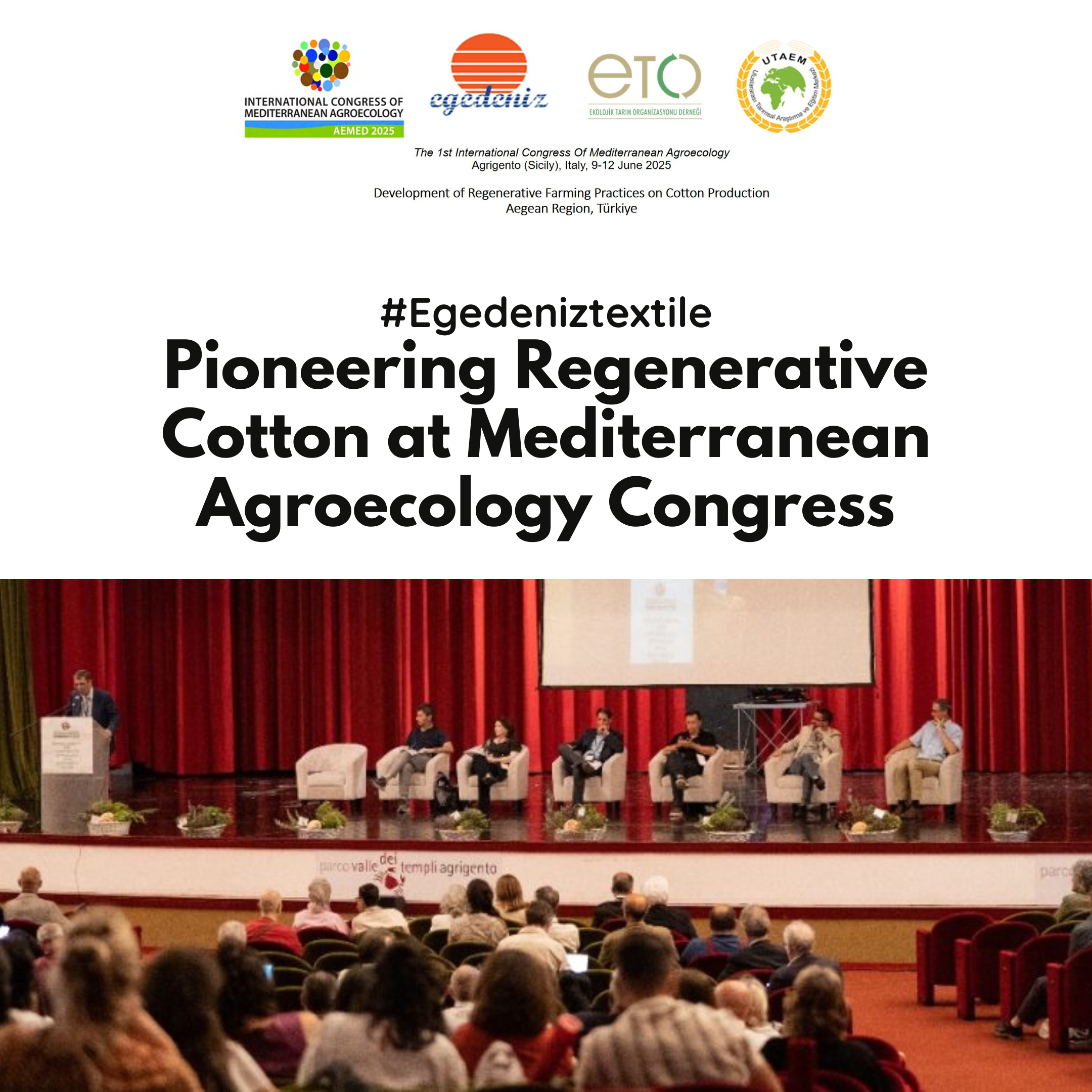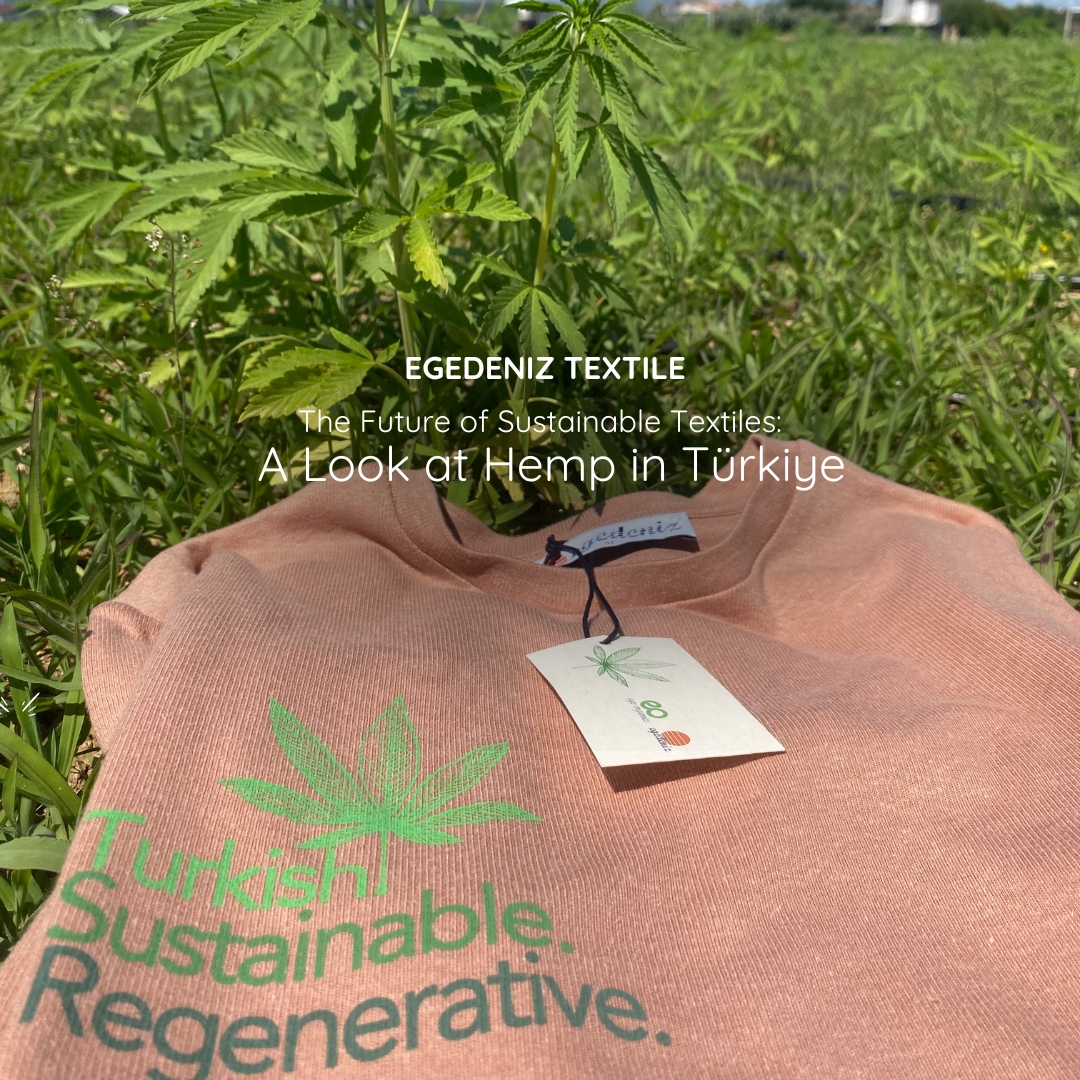Egedeniz Textile is proud to announce a significant milestone in our commitment to sustainable agriculture: the cultivation of Turkey’s first regenerative wheat crop! This achievement comes after three years of successful organic cotton production in partnership with UTAEM and ETO.
The Power of Crop Rotation in Regenerative Agriculture
Crop rotation is a cornerstone practice in regenerative agriculture. By planting different crops in sequence, we mimic nature’s diversity and achieve several key benefits:
- Improved Soil Health: Different crops have varying nutrient needs. Rotating crops helps prevent soil depletion of specific nutrients and encourages a more balanced soil ecosystem.
- Reduced Pest and Disease Pressure: Continuously planting the same crop in one location can attract and harbor pests and diseases specific to that crop. Rotation disrupts these cycles, promoting a healthier overall agricultural environment.
- Enhanced Soil Organic Matter: Certain crops can fix nitrogen in the soil, enriching it for future plantings. This organic matter also improves water retention and soil structure.
Restoring the Soil for Future Success
After two years of cultivating organic cotton, we’ve entered a crucial phase of crop rotation. By planting wheat, we’re giving the soil a well-deserved rest period and allowing it to replenish its nutrients naturally. Evaluating the soil health after the wheat harvest will provide valuable insights into the effectiveness of our regenerative practices.
Looking Forward: A Commitment to Sustainability
Egedeniz Textile is thrilled to be at the forefront of regenerative agriculture in Turkey. The cultivation of our first regenerative wheat crop marks a significant step towards a more sustainable future for our industry and the environment. We remain dedicated to exploring innovative agricultural methods promoting soil health, biodiversity, and long-term success.



